
Powering a healthier future for all
At QuidelOrtho, we provide vital health information when and where it’s needed most – transforming diagnostic data into action.

Changing lives one test at a time
From home to hospital, lab to clinic, we deliver real-time, actionable intelligence powered by industry-leading expertise.
- Powering a healthier future for all
- Changing lives, one test at a time
Committed to people, planet and products
Learn more
Inspiring and leading QuidelOrtho
Learn more
Featured products
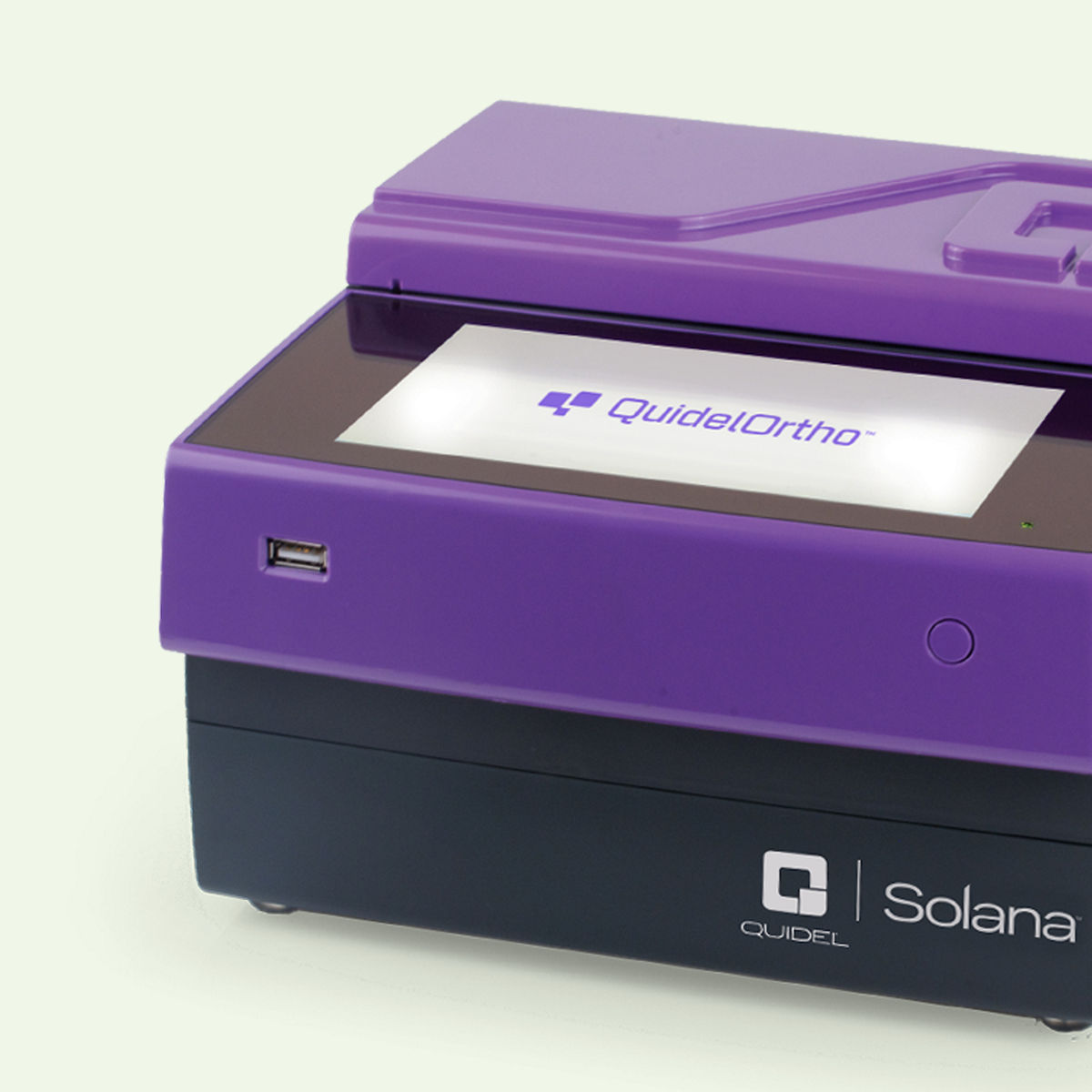
Solana® Molecular Testing Platform
Learn more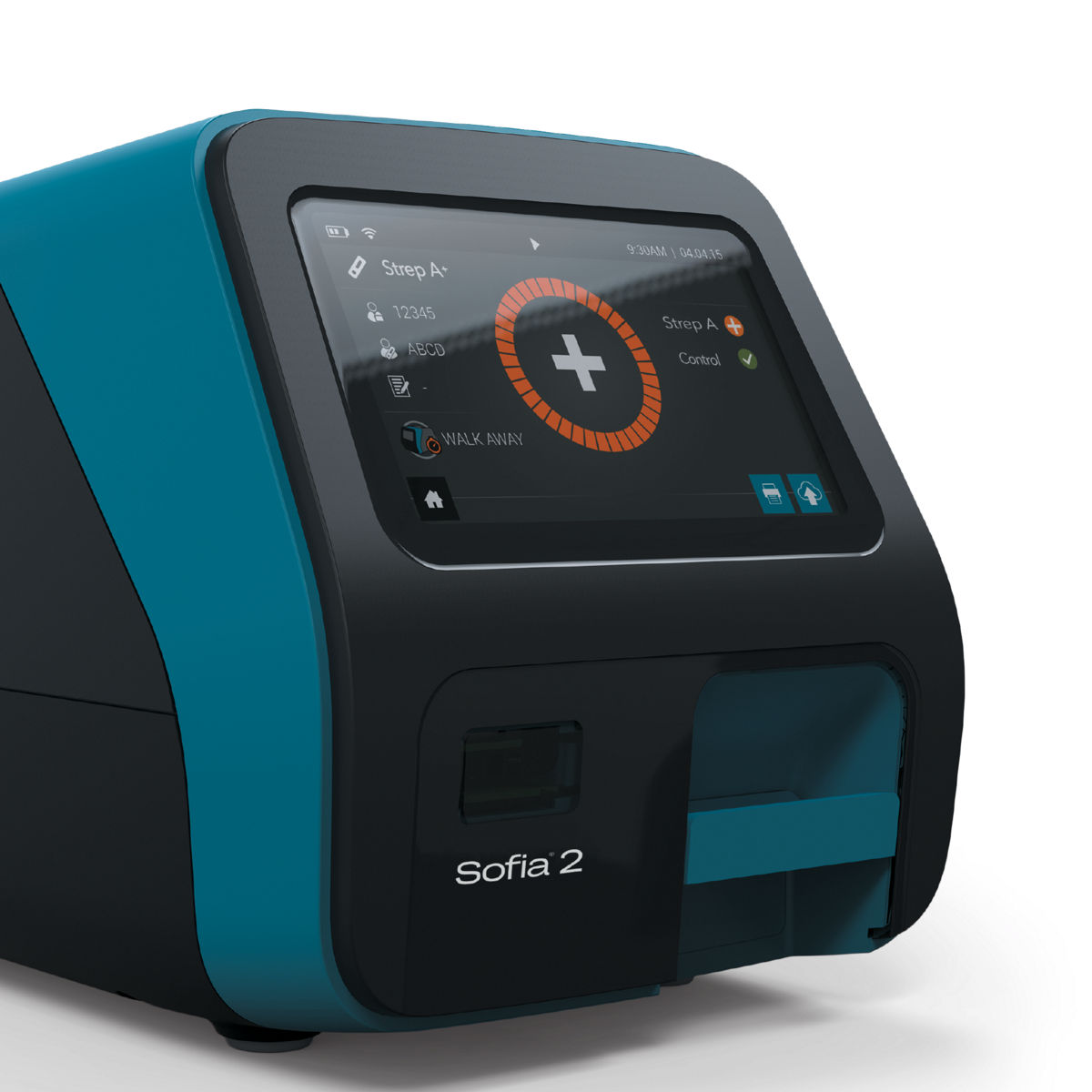
Sofia® Platform
Learn more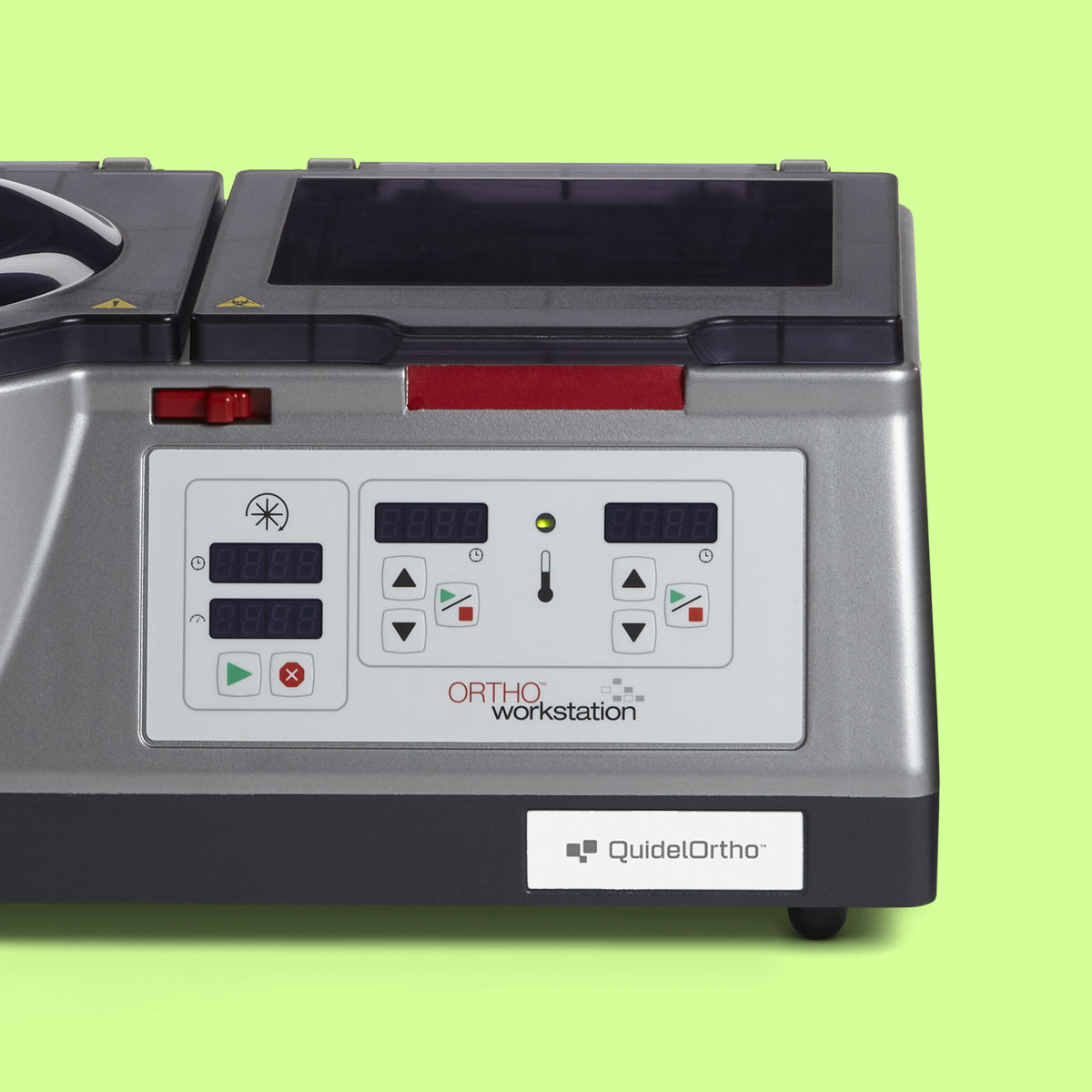
Ortho Workstation® Immunohematology Analyzer
Learn more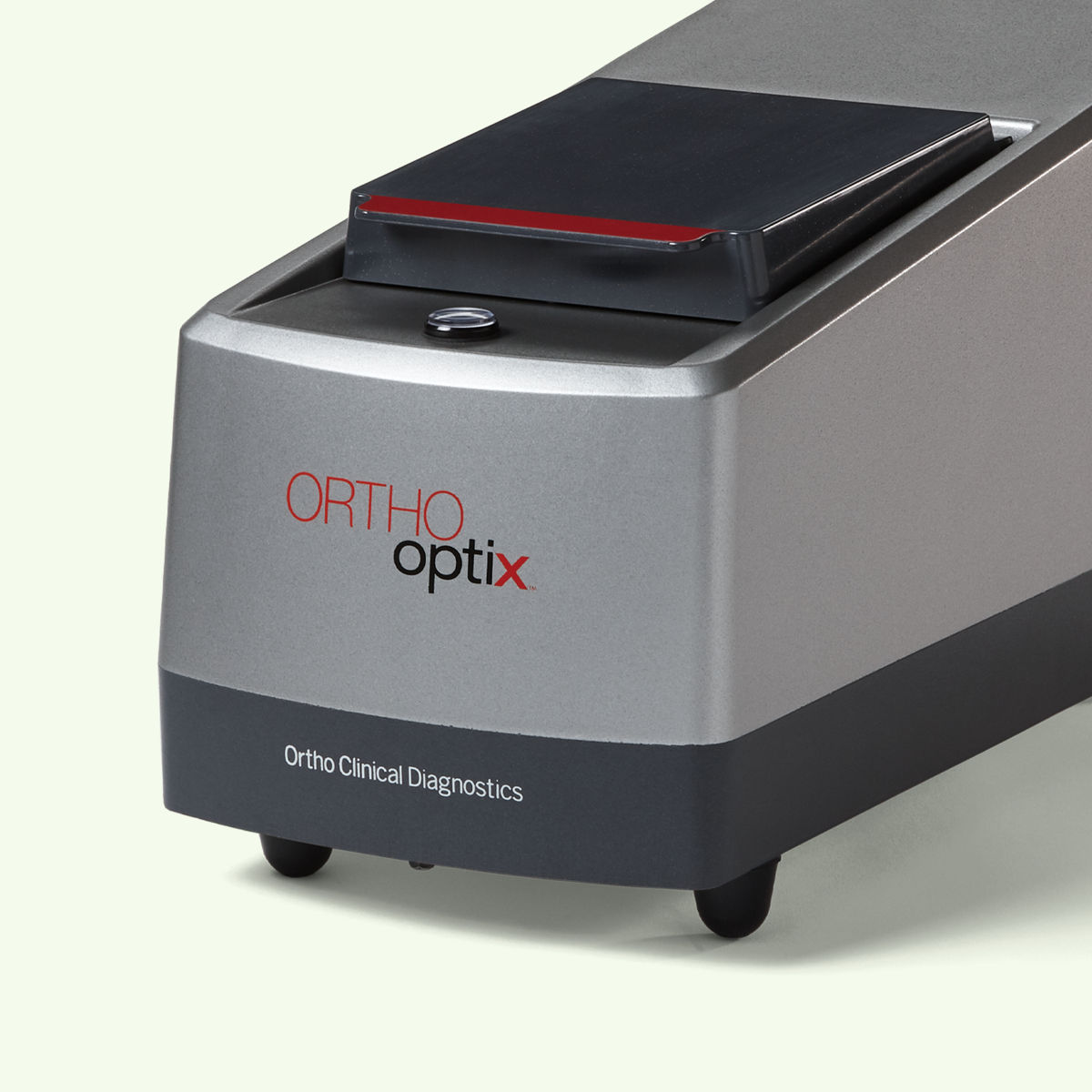
Ortho Optix™ Reader
Learn more
Lyra® Assays
Learn more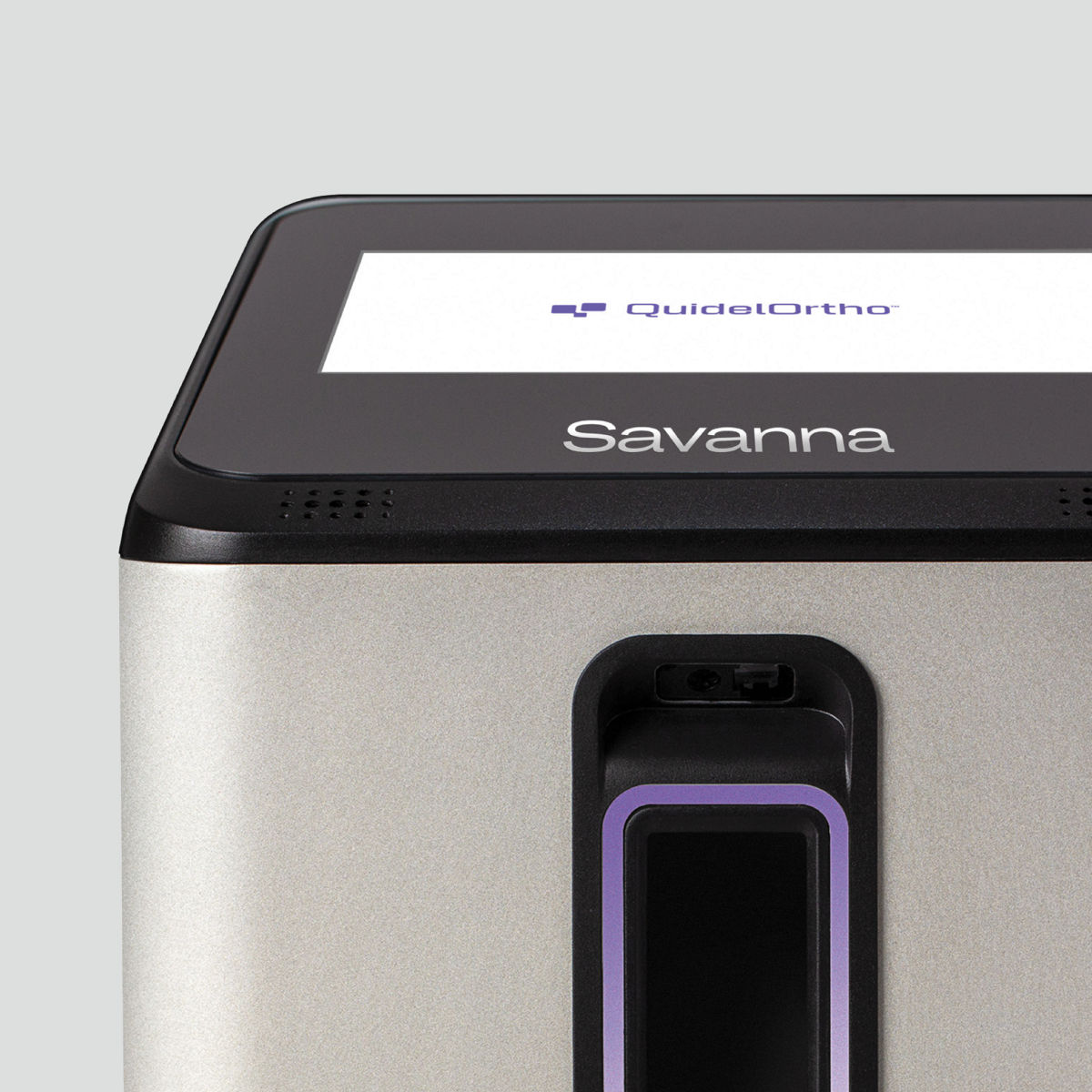
Savanna® Platform
Learn more
QuickVue® Rapid Lateral-Flow Tests
Learn more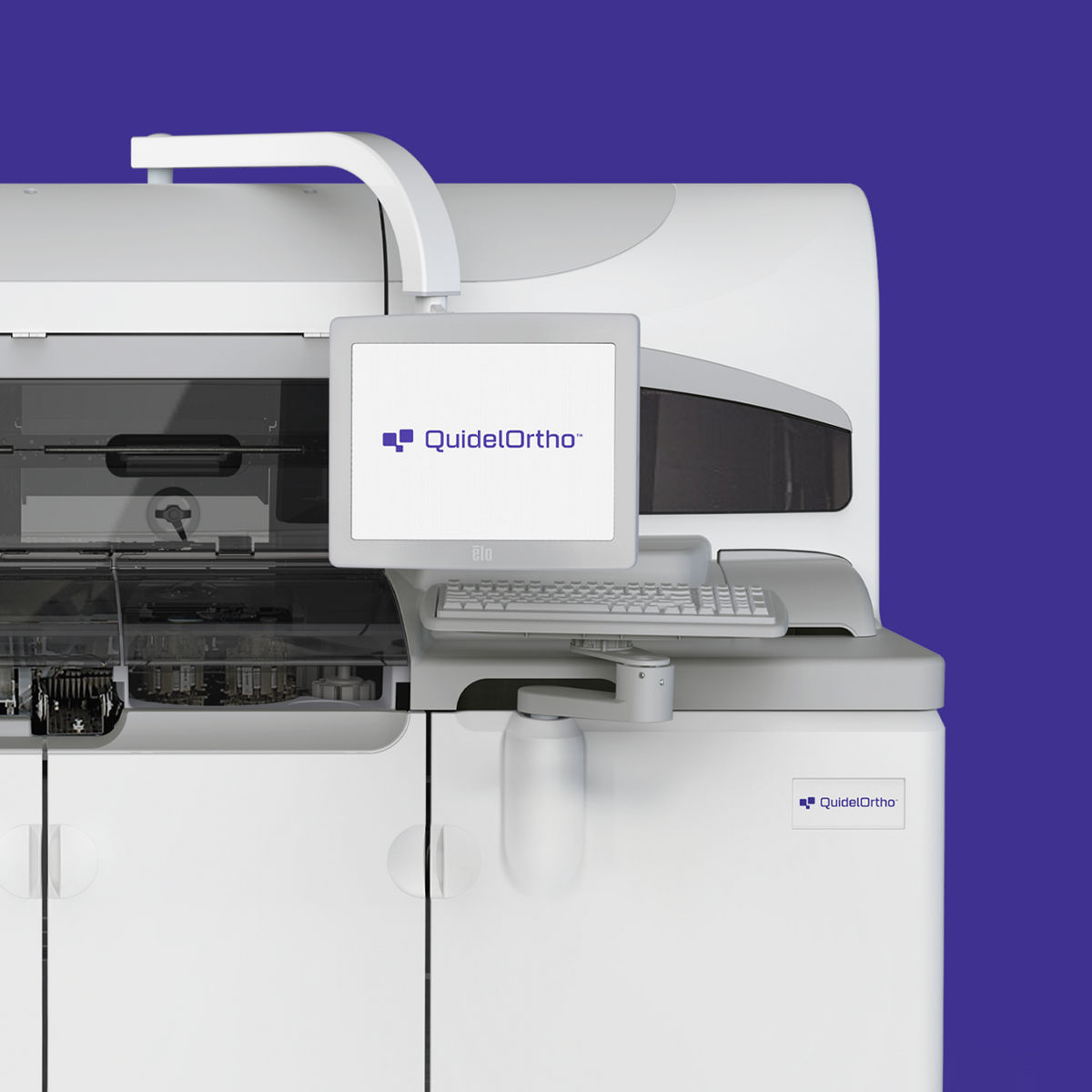
Vitros® Systems
Learn more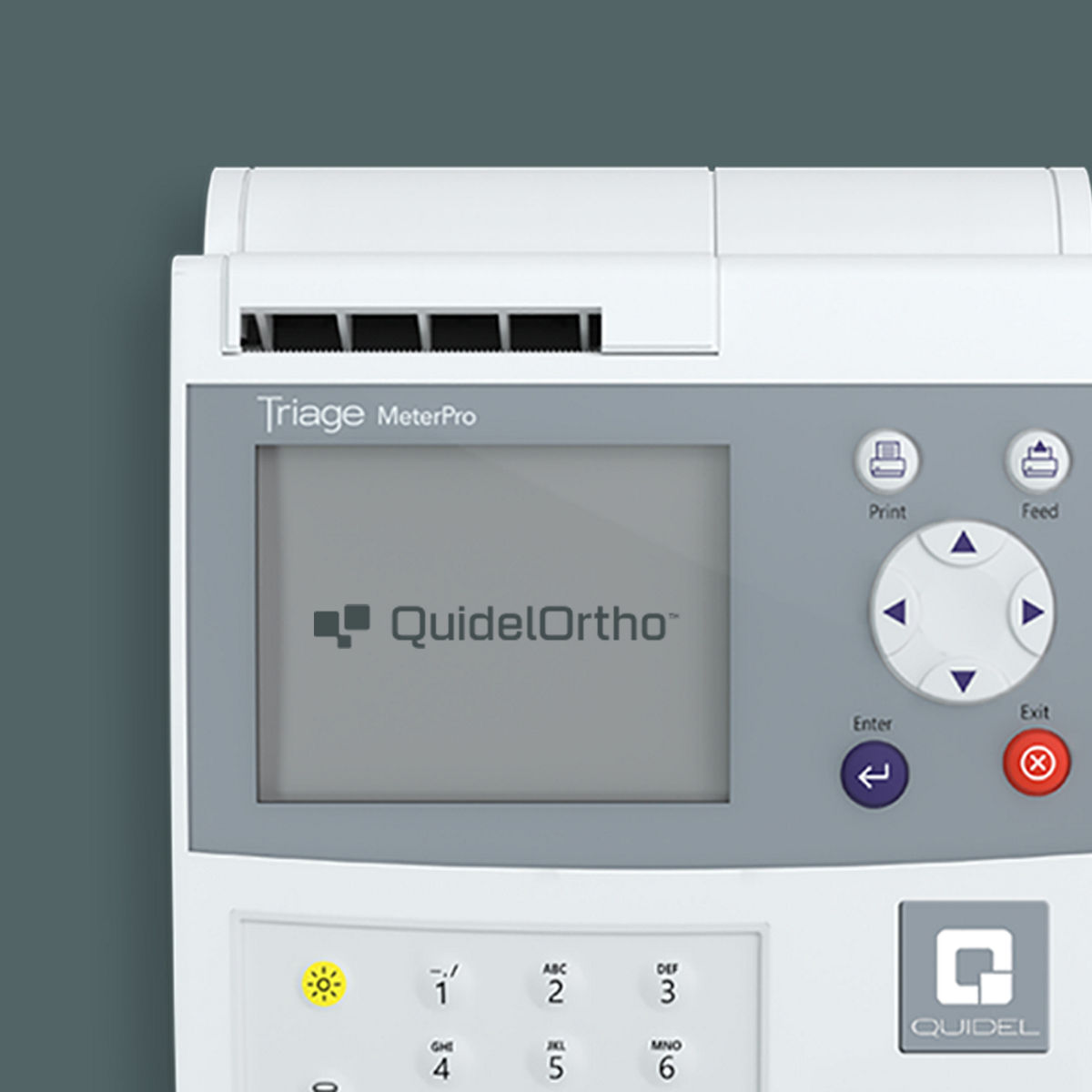
Triage® System
Learn more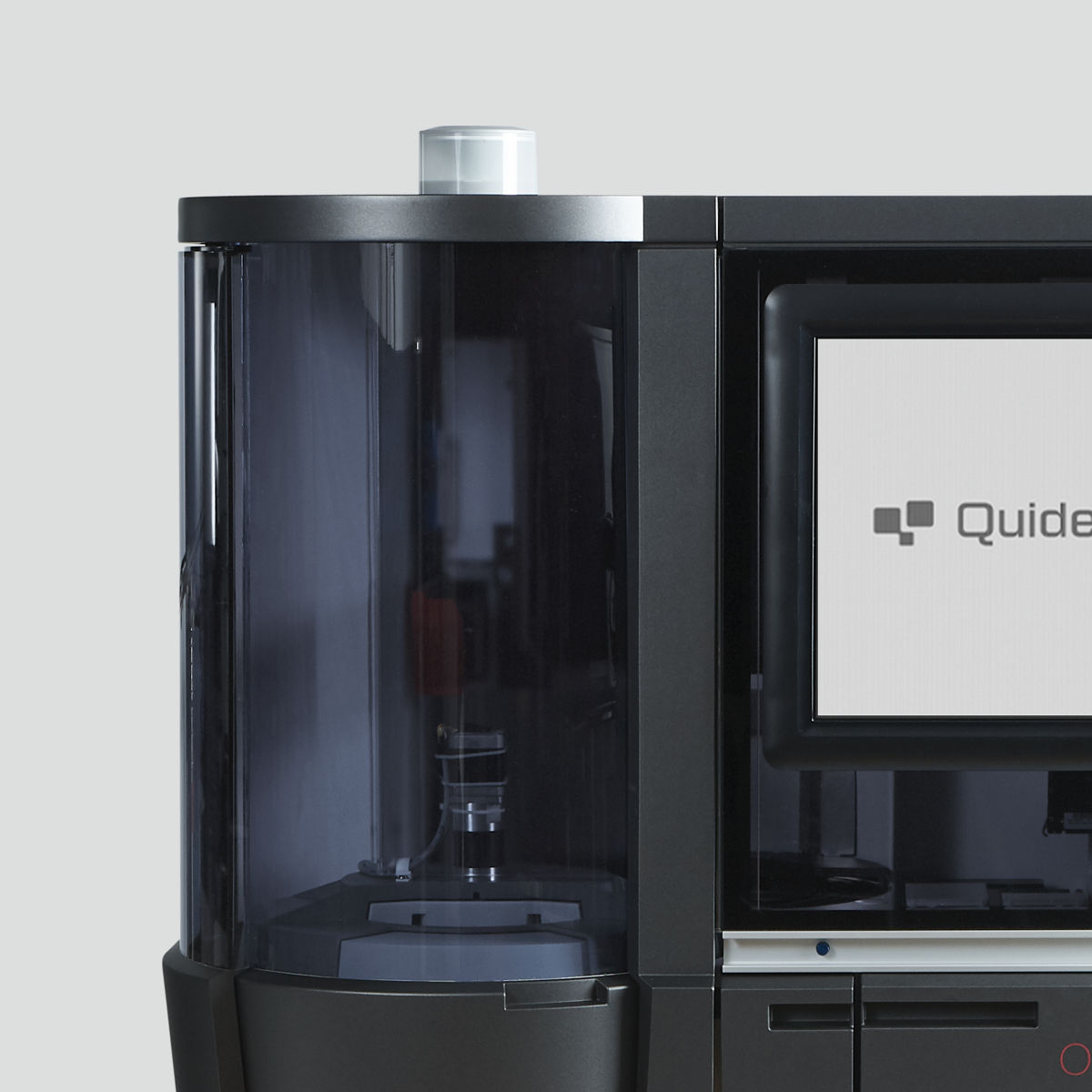
Ortho Vision® Swift Automated Immunohematology System
Learn more
In global pursuit of better health outcomes
We are driven to transform diagnostic data into answers, understanding and action for more people in more places every day. Learn how we help you chart the course forward in care.
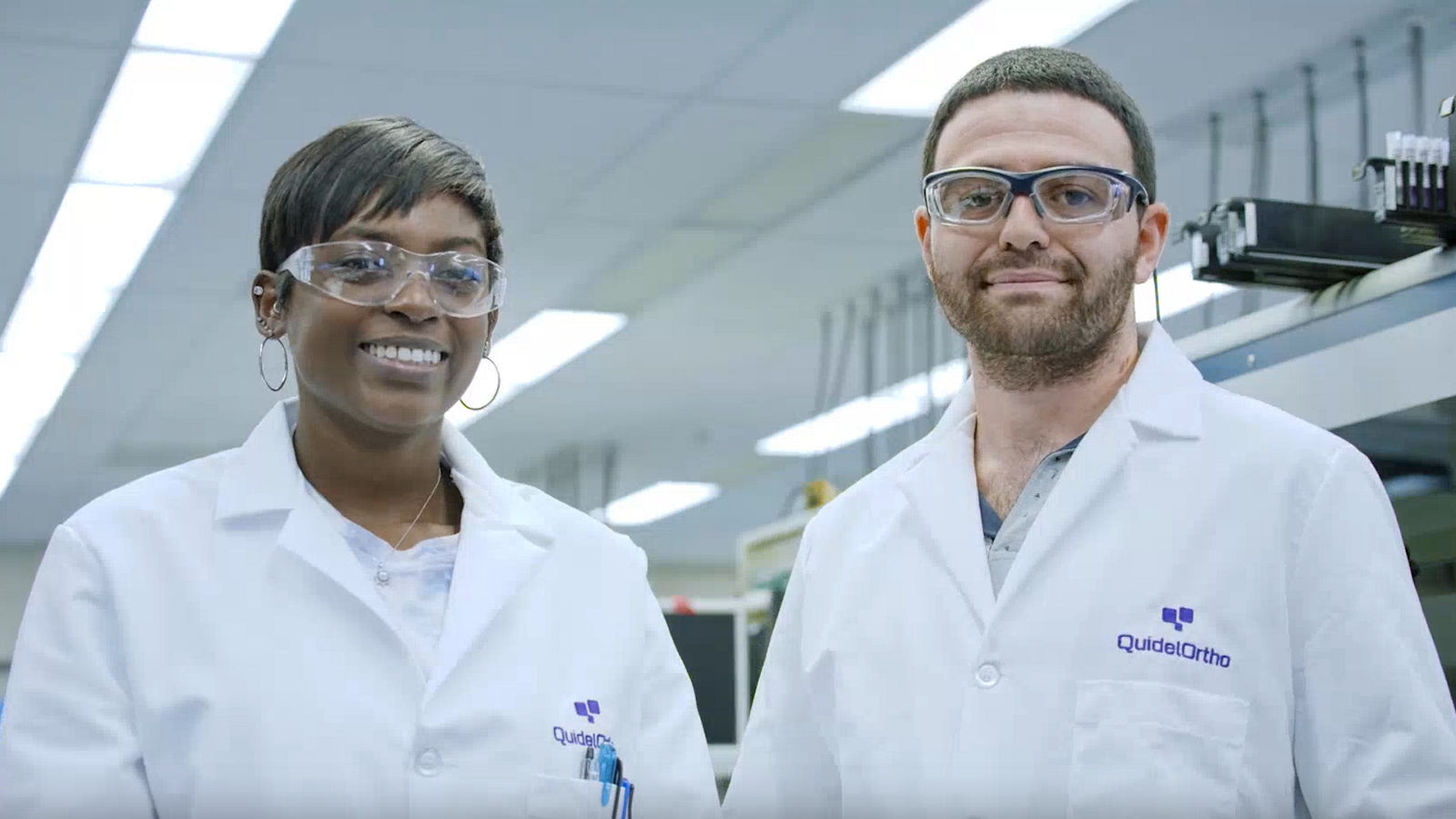
News & Events



Press Release 10/12/23
QuidelOrtho Reports Preliminary Revenue Results For The Third Quarter 2023
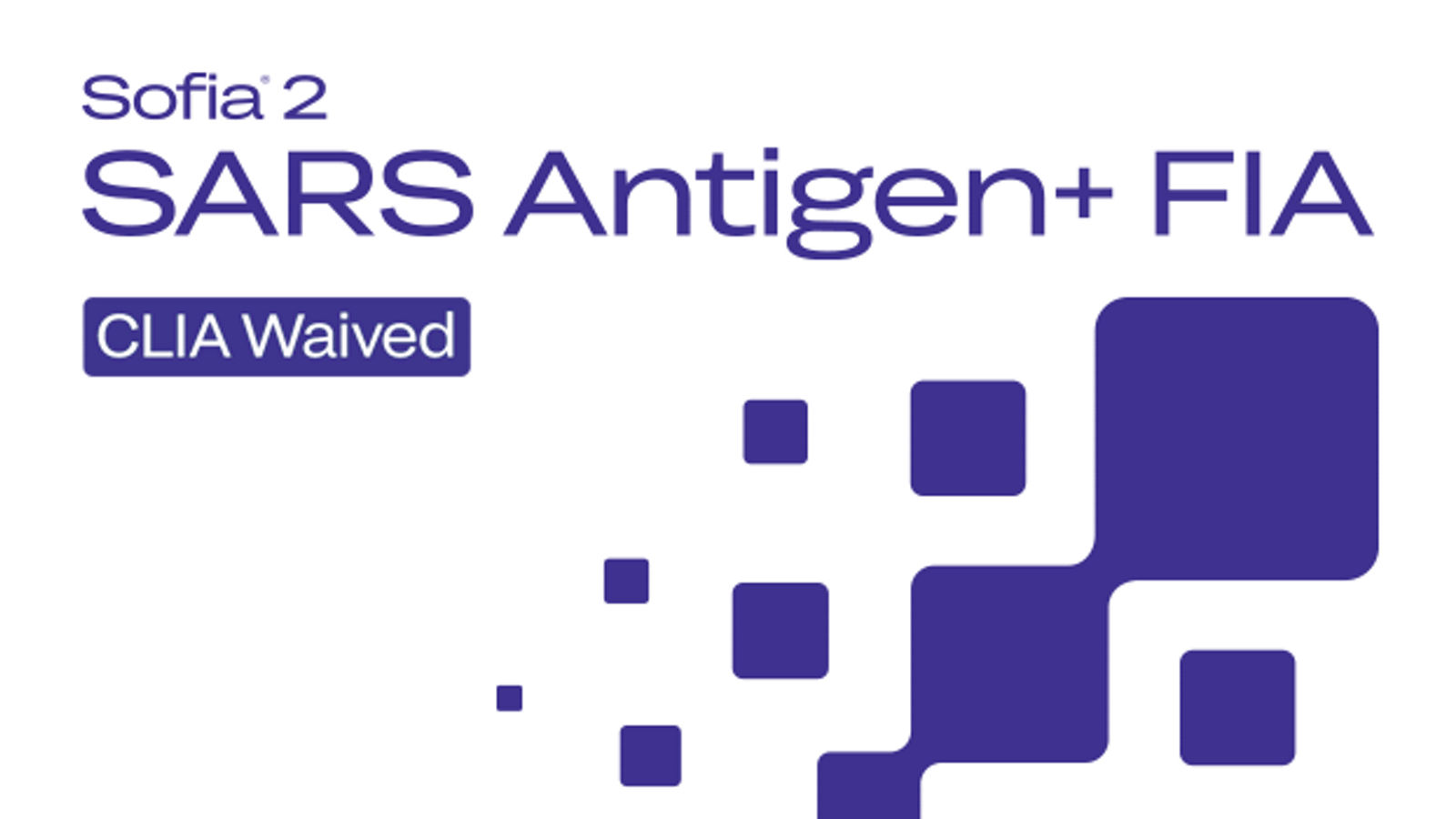

Press Release 08/28/23
QuidelOrtho to Participate in the Morgan Stanley 21st Annual Global Healthcare Conference

Press Release 08/11/23
QuidelOrtho Appoints Juliet Cunningham As Vice President Of Investor Relations

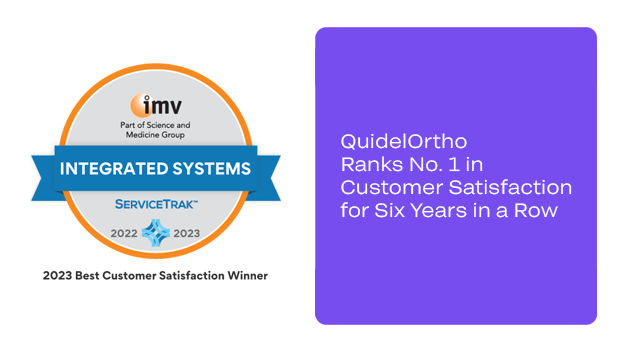
Press Release 07/25/23
QuidelOrtho Ranks No. 1 in Customer Satisfaction for Six Years in a Row
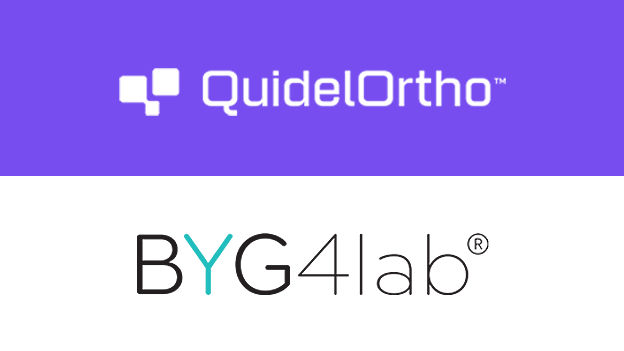
Press Release 07/24/23
QuidelOrtho Partners With BYG4lab® to Strengthen Informatics Offerings


Press Release 05/23/23
QuidelOrtho to Participate in William Blair 43rd Annual Growth Stock Conference
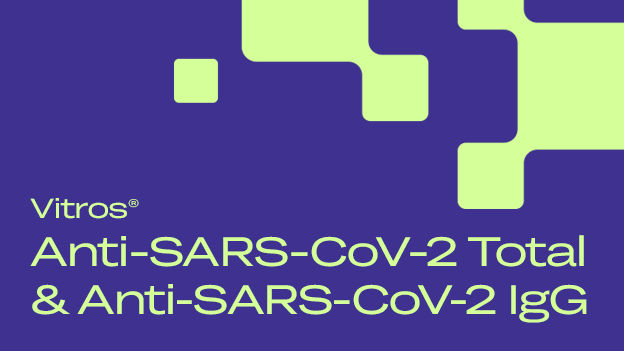
Press Release 05/08/23





